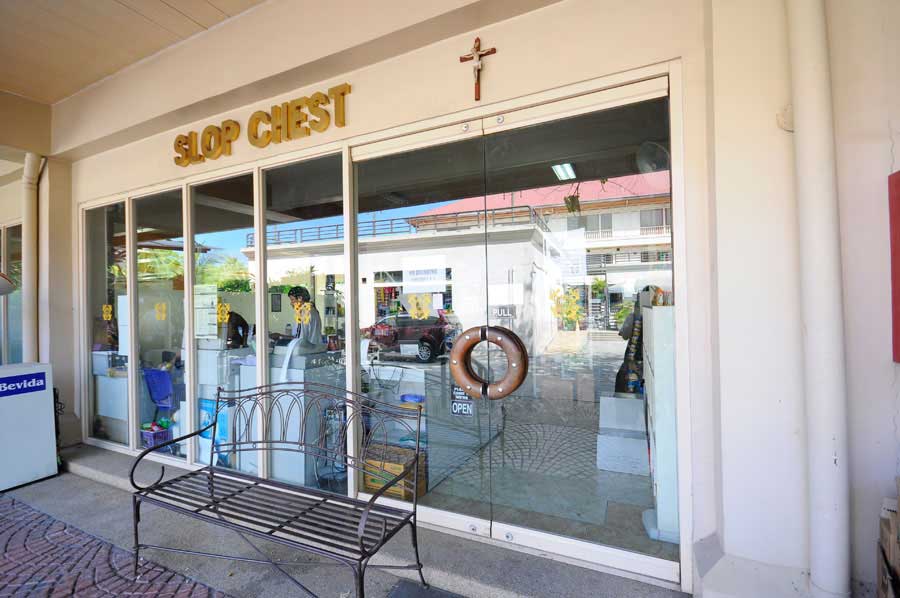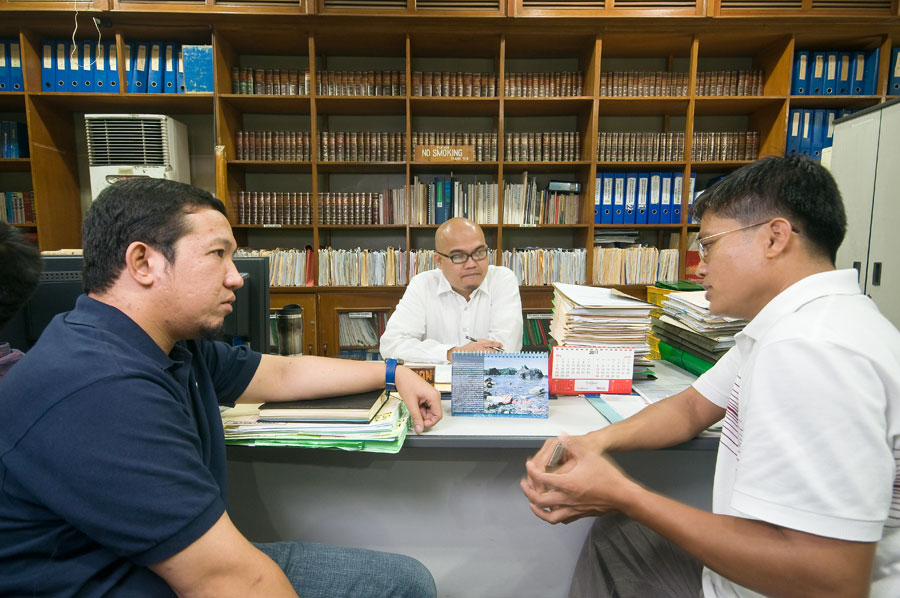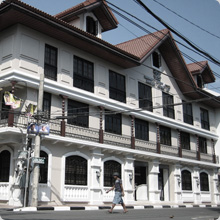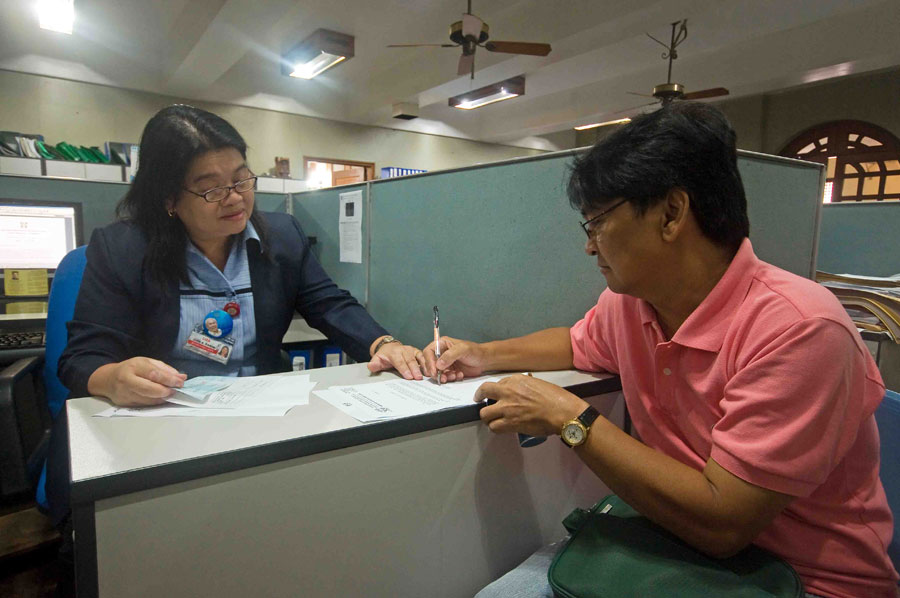
By: Camille Simbulan
The International Labor Organization (ILO) has officially adopted the new amendments to the Maritime Labour Convention, 2006 (MLC), addressing key issues on seafarers’ rights and overall welfare.
The amendments to the convention’s standards, with the goal to keep it relevant to current maritime issues affecting seafarers’ working and living conditions onboard, were approved at the 113th Session of the International Labor Conference (ILC) in June, and will come into force in December 2027.
The MLC amendments were first adopted at the Special Tripartite Committee of the Maritime Labor Convention (MLC, 2006) convened on April 7-11, 2025 at the International Labor Organization Headquarters in Geneva, Switzerland.
The MLCSTC was a dynamic collaboration between and among governments, ship-owners, and seafarers organizations to make significant social progress for seafarers — the lifeblood of the global maritime industry.
The amendments agreed by all parties include strengthened provisions addressing shipboard violence and harassment, shore leave, repatriation, recognition of seafarers as key workers, fair treatment of seafarers on marine incidents, and improved access to medical training.
While the Seafarers’ Group welcomed these important gains for seafarers, and expressed appreciation of the engagement and cooperation of the governments and shipowners’ group on the agreed amendments, it highlighted that there is a need to address seafarers’ work and rest hours, and the maximum period of service onboard, citing a report published by the World Maritime University, Quantifying an Inconvenient Truth (2024), which revisits an earlier report presented to STC in 2021 – A Culture of Adjustment – Evaluating the implementation of the current maritime regulatory framework on rest and work hours, which revealed that seafarers view fatigue as a significant challenge to their safety, health and well-being and that the existing regulatory framework is ineffective in alleviating fatigue at sea.
In her closing remarks on behalf of the Seafarers’ Group, Sascha Meijer Pieneman said, “Seafar-ers are not robots. They are human beings, hard working to deliver for their families, but also for their employers.”
“But progress was made, so it was a good week.
We sincerely thank everybody in this room and online who has contributed to improvements of the MLC and thus to better protection and rights for seafarers,” she added.
The Seafarers’ Group was capably led by its 2nd Vice Chair, Mark Dickinson, General Secretary of Nautilus International, and ITF Assistant Secretary Fabrizio Barcelona. The group also included delegates from various ITF affiliates, such as AMOSUP, represented by the Union’s Vice President for Internal Affairs, Atty. Jesus “Jojo” Sale. AMOSUP’s Head of Comms and Special Projects for Women and Young Seafarers, Camille Simbulan, also attended as the Young Transport Workers Representative of ITF’s Seafarers Section.







